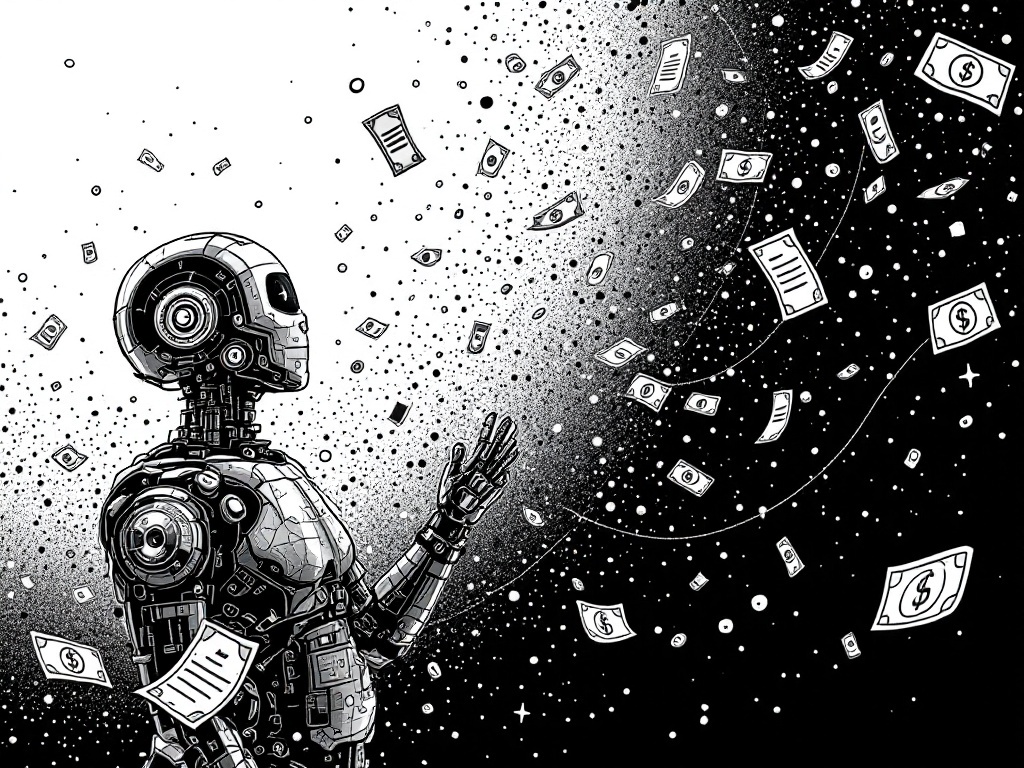AI Innovations Set to Transform Productivity, Says JPMorgan

New York, Monday, 15 September 2025.
JPMorgan predicts AI will rapidly boost productivity by creating new jobs and eliminating outdated ones, marking a significant economic shift. This change mirrors past technological revolutions.
The Acceleration of Task Churn
JPMorgan’s recent forecast highlights a ‘violent task churn’ across multiple industries as artificial intelligence (AI) steadily integrates into the workforce. This phenomenon refers to the rapid displacement of outdated tasks by AI-driven processes, which will simultaneously create new job opportunities. This pattern mirrors the historical trajectories of previous technological innovations such as the steam engine and electricity, albeit at a much faster pace. AI’s contribution to productivity growth is anticipated to materialize in less than seven years, a stark contrast to the decades it took for earlier technologies to impact productivity significantly [1].
Economic Implications and Strategic Responses
The anticipated productivity boom from AI could lead to a substantial shift in economic dynamics. Goldman Sachs identifies a $115 billion gap in U.S. GDP due to undercounted AI investments, urging refined measurement metrics to better capture AI’s true economic impact. This gap complicates Federal Reserve assessments and fiscal planning, as understated AI contributions could result in overly cautious monetary policies [2]. To mitigate potential negative impacts, strategies such as lowering interest rates and enhancing workforce training programs are recommended. JPMorgan underscores the enduring importance of human skills like common sense and dexterity, which AI cannot replicate, advocating for a workforce that complements AI rather than competes with it [1][2].
Sector-Specific Transformations
AI’s transformative impact extends to specific sectors, notably retail banking. Citigroup forecasts that 54% of roles could theoretically be automated over the long term, although Bloomberg Intelligence suggests that only 2.75% of jobs face immediate displacement. The focus is on reshaping job functions rather than outright elimination, with banks investing in reskilling programs for over 100,000 financial staff by 2030. This adaptation reflects a broader trend towards integrating AI as a tool for enhancing productivity and efficiency [3].
Navigating the AI-Induced Economic Shift
As AI continues to reshape industries, the narrative shifts from job loss to job transformation. JPMorgan emphasizes that AI should be viewed as reducing costs and increasing output by making workers more productive, effectively expanding the total addressable market for AI into human labor. This view aligns with the notion of programming deflation, where cheaper tools accelerate innovation, encouraging businesses to embrace AI-driven changes to remain competitive. In this evolving landscape, understanding and judgment will become critical skills as businesses adapt to the rapid pace of AI advancements [1][3][4].